Location: Three kilometers SW of Belisario Dominguez, Chiapas, Mexico, on the Pacific side of the Sierra Madre Mountains, Ejido Ampliación Arenal
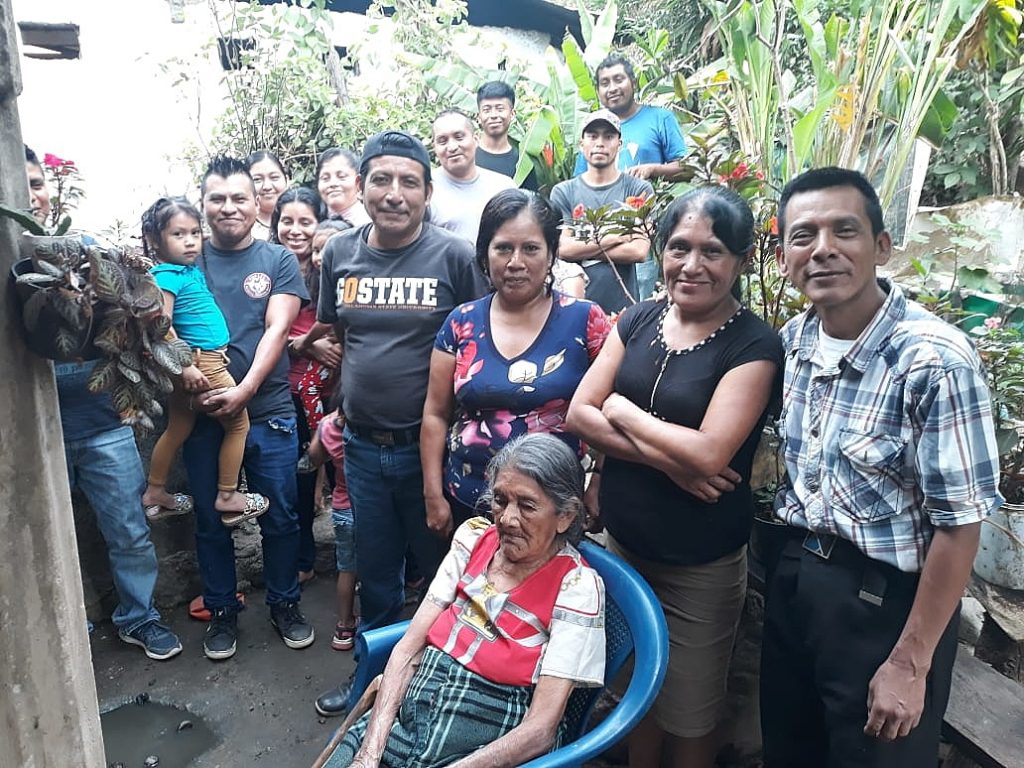
Problem to be addressed: Build a new water system to replace that lost in a natural disaster in 1998
In southern Mexico, over the last 20 years, there have been extreme weather events in the Sierra Madre Mountains that have taken a big toll on impoverished people living in small settlements throughout the vast mountainous region. In 1998, three major hurricanes successively pummeled the high country causing severe flooding and destructive landslides throughout a vast area reaching far into Central America.
Rancheria El Horizonte and Los Cocos were among the hundreds of villages that were heavily impacted by the catastrophe. These two settlements are located on the edge of the river that is the major drainage for this part of the steep escarpment. It flows through the deep canyon and eventually reaches the mangrove forests on the coastal delta.
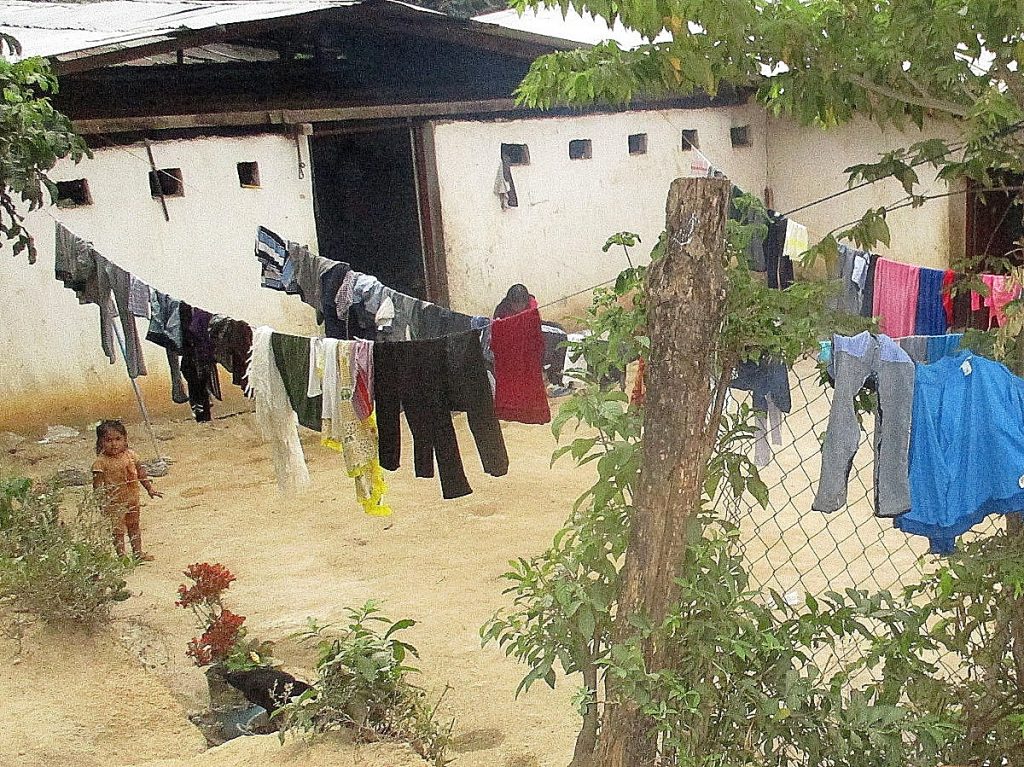
When the disaster hit in 1998, the floodwaters raged through the canyon carrying huge boulders that quickly filled up the river causing the water to inundate the narrow area where the people live. The flood also carried cars and other debris from buildings that had been washed away in Belisario, the small town up just the highway. Landslides thundered down the slopes as well, leaving terrified people with nowhere to run as they prayed to be spared.
The devastation was extreme. When the storms ended, their schools, many homes, their bridge and many coffee fields were gone forever. But perhaps the most impactful damage was what happened to their water system. The long water line of galvanized pipe that the community depended on for decades was damaged beyond repair. Unfortunately, successive local administrations have not rebuilt a water system for them in all this time. They have had to survive as best they can without reliable access to water. Some families use the unclean water from the river that flows downstream from town to bathe and to wash clothes.
Description of the Community:
There are 48 households with a total 235 people including the five newborns who arrived in February. The climate is warm and tropical and would support fruit trees that could be planted in patio gardens if the people have adequate water on hand. Families typically have a few chickens for eggs to supplement their diet of beans and tortillas and to have meat for special occasions a couple of times a year. There is a kindergarten and an elementary school in the community which provides public education close to home. The federal highway passes on the other side of the river connecting them to the town where they go to buy supplies.
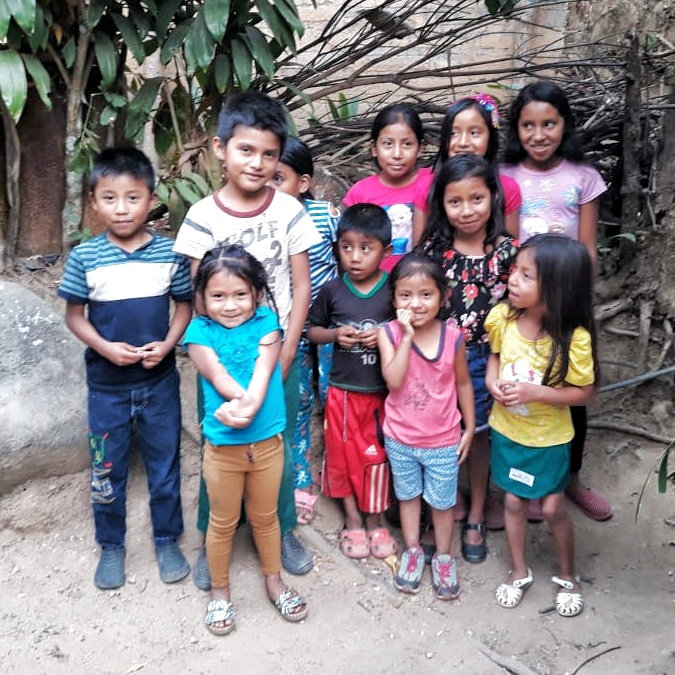
In the years that followed the disaster, people rebuilt their homes and the elementary school was moved to a safer location. They succeeded in getting a better bridge built. They proudly point out their new church which they build together.
Families in Horizonte and Los Cocos have lived in deep poverty for generations. Before 1998, many had small plots of coffee that gave them some income once a year. Those families who lost their coffee plots now have to seek seasonal work picking coffee for other small-holder farmers which in essence means that the poor are working for the poor. Some men find temporary work as day laborers or builders. One man in the community is fortunate to work at the gas station in town.
Description of the Project: The people own the rights to a large perineal creek that flows all year long. It is the water source that originally served the community for decades before the disaster.
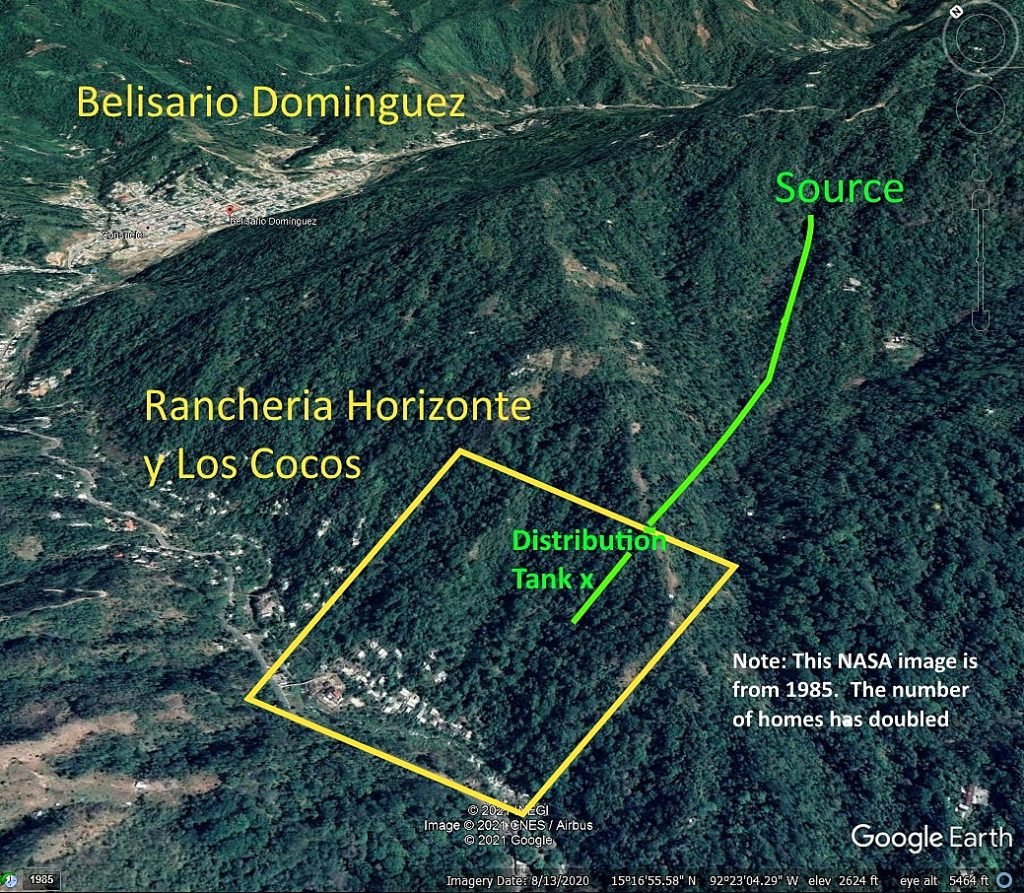
The project will consist of building a wide dam at the source and a large holding tank on a high point above the homes. A two-inch polyduct hose will bring water the 2.2 kilometers from the source down the slope to the tank. Each family will connect their 1/2 inch hose to the tank to bring water to their homes. The entire system will rely on gravity to provide good pressure. Small tanks will be built where changes in the slope will require regulation of the pressure to keep the hose in good working condition. The hose will be installed along the ridge so that it will not be damaged in the event of extreme rainfall. The material to be used is guaranteed by the factory to last for decades.

Impact of the Project: This project will benefit 235 people by ending their struggle to survive the 7-month-long dry season by giving them water on tap. It will provide water for sanitation to the elementary school and the kindergarten which serve children from Horizonte, Los Cocos and other communities nearby. The project will also supply water to the community’s church. It will make it possible for families to raise fruit trees and small gardens to improve their nutrition while saving money.
Project Administration
The project will be administered by Tamara Brennan, Ph.D., of The Sexto Sol Center for Community Action, an award-winning non-profit that has been working in the region since 1997.
This project will be part of the ongoing Sierra Madre Water Program – Mexico & Guatemala, a comprehensive collaboration between Sexto Sol, Water Charity, and the National Peace Corps Association. The program aims to improve access to water in the under-served and impoverished settlements in the Sierra Madre de Chiapas region of Mexico, spanning the border with Guatemala. The program has already brought water to more than 10,500 people.
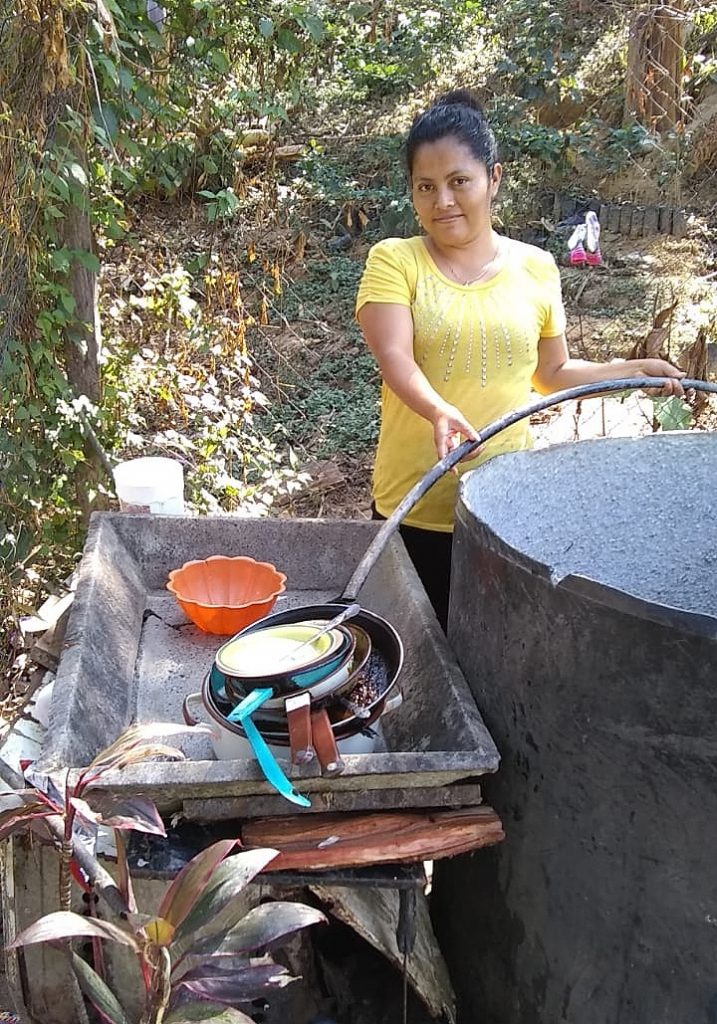
Monitoring and Maintenance
The members of the community are committed to working together to build their water system and to keep it functioning for the benefit of all. The people take turns serving as the leader of their water association by the consent of the members. The elected leader is charged with organizing the men and youth from each household into work crews to maintain the system. Should any problems arise in the future, the members would share the costs of any needed repairs which when spread across so many households should be within their reach to cover. They are very anxious to finally resolve the hardship that they have endured for so many years.
We are grateful to Michael and Carla Boyle of Foster, WV for providing the funding for this project! This project has been finished. To read about the conclusion of the project, Click Here.